Hello again dear readers and welcome back to the Dostoyevsky-BTS website! As always I issue a sincere and warm welcome to those who visit for the first time.
Previously I discussed the extraordinary impact Russian literature, and particularly Dostoyevsky had on the literary perspective of Virginia Woolf. Her passion is shared by her contemporary E.M Forster, the beloved writer of novels such as Howard’s End and A Room with a View, works that perfectly reflect Edwardian sentiment, style and sensibility.
Today I will ever so lightly touch upon the background of E.M Forster, one of my most admired writers as well as the effect that his reading of Dostoyevsky had on his work.
 |
E.M Forster, a literary swan cultivating the literary landscape of the British Edwardian Era was a publicly delicate, quiet figure.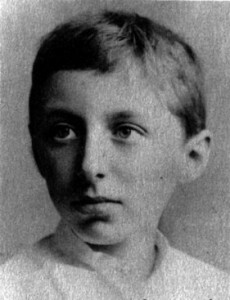 Born in Marylebone, England in 1879 he lost his father at a young age and was raised primarily by the women in his family.
Born in Marylebone, England in 1879 he lost his father at a young age and was raised primarily by the women in his family.
In the literary Magazine Grand Street, Santha Rama Rau describes the enchanting writer, “At various times in his long life he was described as dowdily dressed and physically awkward but with “fine eyes … and a most expressive and sensitive mouth,” and as a “very pale, delicately-built young man, slightly towzled and very shy, with a habit of standing on one leg and winding the other round it”(Rau 99). Her description of him renders vivid an image of this elegant writer. A New York reporter described him as “a shy, apprehensive Edwardian gentleman with a long sensitive nose and tousled tan moustache” (Rau 99). He was said to be in possession of “good manners to the level of charm” (Stape 133).
A graduate and honorary fellow from King’s College at Cambridge, he decided to become a writer upon graduation. He was to become one of England’s most distinguished writers and was, without a doubt, a true gentleman of the Edwardian Era.
Like Woolf, Forster wrote critically on Dostoevsky’s novels and shared some of Woolf’s views on Dostoyevsky. Woolf’s own focus on cultural distance between Russian and British culture was also noted by Forster. Echoing Woolf’s views, Forster offers the following measurement of the distance between Dostoevsky’s work and the cultural realities of Edwardian England, : “The Russian is simply too far removed from English traditions and values”(Kaye 163).
Evidently both Virginia Woolf and E.M. Forster displayed a great deal of admiration for Dostoyevsky’s work but had no comprehensive certainty of its broader effect. Although both Woolf and Forster focus on the disparities of cultural understanding and meaning of Dostoevsky’s works, Forster focuses more on the prophetic aspect.
Now it is likely you are asking to yourself, “What is a prophetic writer, and what is a prophetic novel?” The concept may appear somewhat ambiguous and abstract.
The successful prophetic novel requires the attainment of a certain moral understanding or achievement. “The prophetic aspect of the novel demands two qualities of the novel: ‘humanity and suspension of the sense of humor.’ “Without humility or humbleness or modesty, says Forster “we shall not hear the voice of the prophet.” “Prophetic fiction…demands humility”(Sarker 1089).
Forster found four different writers to be deserving of the title prophetic writer including: Fyodor Dostoyevsky, Herman Melville, Emily Brönte and D.H Lawrence. However, like Dostoevsky, E.M Forster himself has also been likened unto a prophet: In her biography of Forster, “A Great Unrecorded History,” Wendy Moffat describes Forster as a “sensitive, sensuous and kind, an artist who possessed a keen, plain sort of wisdom and lightness of touch that make him, to this day, an immensely influential novelist, almost a prophet” Indeed Forster’s writing does rival the prophetic state, his writing is consistently adorned by humility rather than pretension.
Forster turns his attention toward the concept of Dostoyevsky as a writer of prophetic novels and asserts without specificity the concept of Dostoyevsky as a literary prophet. In his book Aspects of the Novel Forster refers to Dostoevsky: “He is a great novelist in the ordinary sense…he has also the greatness of a prophet, to which our ordinary standards are inapplicable” (Forster 192-193).
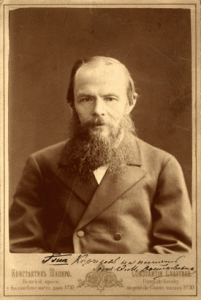 The concept of the Russian writer as an embodiment of a prophetic figure is salient in the history of Russian literature. “Dostoevsky, following Gogol’s lead, was responsible for establishing the image of the writer as prophet within the context of a supporting canon; subsequent writers such as Vladimir Solov’ev and the religious symbolists extended and elaborated in their essays on the theurgic aesthetics the method of validation of the writer’s prophetic status that Dostoevsky had already set in place” (Davidson 509).
The concept of the Russian writer as an embodiment of a prophetic figure is salient in the history of Russian literature. “Dostoevsky, following Gogol’s lead, was responsible for establishing the image of the writer as prophet within the context of a supporting canon; subsequent writers such as Vladimir Solov’ev and the religious symbolists extended and elaborated in their essays on the theurgic aesthetics the method of validation of the writer’s prophetic status that Dostoevsky had already set in place” (Davidson 509).
Moreover, the concept had popular appeal: “The promotion of a prophetic message in this tradition conferred upon a writer a considerable legacy of moral, spiritual, historical, and political authority—a factor which doubtlessly accounted in part for the strong appeal of the prophetic role” (Davidson 509).
The prophetic form focuses on a sense of detachment from personal arrogance. “We shall hear the prophetic voice only after we have developed within us humility (humbleness or modesty) and the sense of seriousness;…the prophetic characters are those that spiritually grow up and expand so much that they attain, so to say, the magnitude of infinity, such that we feel pity and love for them, in spite of anything and everything they do.” (Sarker 1089)
Another aspect of the prophetic form of the novel is the concept of social interconnectedness. “Forster employed the term ‘prophetic’—that the prophetic characters feel a sort of unity with all 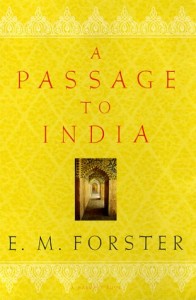 people on the earth and that they are attended by infinity” (Sarker 388). It has been suggested that writing A Passage to India, was Forster’s own attempt to write a prophetic novel, which he associated specifically with Dostoevsky.
people on the earth and that they are attended by infinity” (Sarker 388). It has been suggested that writing A Passage to India, was Forster’s own attempt to write a prophetic novel, which he associated specifically with Dostoevsky.
“Forster’s A Passage to India has distinct parallels to Dostoevsky’s The Brothers Karamazov, especially in its expressions of collective guilt and its emphasis on the oneness of all beings, and this study argues that Forster’s novel seeks to delineate a new form for the novel, one that emphasizes oral tradition and communal existence over the novel’s traditional emphasis on individuality. A Passage to India is Forster’s own attempt to write a “prophetic novel,” a form he associated with Dostoevsky and envisioned as capable of conveying the spiritual message of interconnectedness.
It seems Forster was already interested in the concept of social and spiritual interconnectedness even before his introduction to Dostoevsky. Though A Passage to India is considered his most 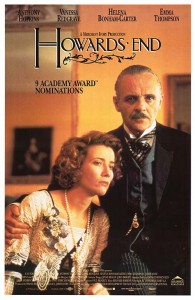 prophetic novel, this interconnectedness can also be seen in Howard’s End, a stunningly elegant novel, a white rose in which the sacredness of it’s most elevated characters are stained by the folly of misplaced good intention. Despite the distinctions in social class and education, people from different backgrounds come together in this novel causing tragedy and change. However, Howard’s End was published fourteen years prior to A Passage to India, thus preceding his knowledge of The Brothers Karamazov. Forster was apparently already interested in the idea of interconnectedness. I imagine this is part of his attraction to Dostoevsky though I can only conjecture.
prophetic novel, this interconnectedness can also be seen in Howard’s End, a stunningly elegant novel, a white rose in which the sacredness of it’s most elevated characters are stained by the folly of misplaced good intention. Despite the distinctions in social class and education, people from different backgrounds come together in this novel causing tragedy and change. However, Howard’s End was published fourteen years prior to A Passage to India, thus preceding his knowledge of The Brothers Karamazov. Forster was apparently already interested in the idea of interconnectedness. I imagine this is part of his attraction to Dostoevsky though I can only conjecture.
Describing Dostoevsky Forster says: “ He has penetrated-more deeply, perhaps than any English writer—into the darkness and goodness of the human soul, but he has penetrated by a way we cannot follow. He has his own psychological method and marvelous it is. But it is not ours” (Forster 17). However, Forster also remarks that Dostoevsky’s powerful influence is “invaluable”.
“Prophecy for Forster is the greatest achievement. It is the breakthrough, the seeing of the visible world as the living garment of God, the miracle of natural supernaturalism” (Kaye 17). Though his perspective on the influence of Dostoyevsky and Russian literature in England is somewhat divided, it is clear that Forster was strongly influenced by Dostoyevsky enough to inspire aspects of some of his most acclaimed novels.
And thus I leave more exploration on this extraordinarily vast topic for the future, my friends. I hope you are feeling inspired to delve into the glorious literary realm of Forster. I hope to see you next time!
For more information about the director Vitaly Sumin and his incredible visionary adaptations of Dostoyevsky’s masterpieces come visit us at the Dostoyevsky-BTS website: http://www.dostoevsky-bts.com. Also be sure to visit us at home and sign up for our free newsletter at Dostoyevsky Reimagined: The Making of Notes from the New World. You’ll gain exclusive access to our members-only content and the incentives.
*****
VM Productions is happy to announce that the pre-production of our feature length project Crime & Punishment, LA – following by the shoot of the movie – is scheduled to begin on Tuesday, January 7th 2020 in Los Angeles! http://www.vmpfilms.com/#August_
Crime and Punishment, LA, represents the third chapter of VM Productions ambitious Dostoyevsky-LA Project (following the completed movies Shades of Day & Notes From the New World) – a re-envisioning of Dostoyevsky’s classic novel transported to LA during the riots of 1992. C&P, LA -currently in the active development- was selected, as the winner, for the European Co-Production Matchmaking Program at SXSW –https://bit.ly/324e5kD
*****
Want to know about VM Productions‘ Dostoyevsky-Los Angeles Project and about the films we make? Want to participate in our projects? Sign up to get tickets to the premiere of our movie (currently in post production), Dostoyevsky Reimagined-BTS and grab our FREE e-books !
 |
 |
Follow us through our social media on
Twitter, Facebook, Pinterest, Tumblr, Instagram, Goodreads.
We hope to see you back here soon!
References:
Rau, Santha Rama., Remembering E. M. Forster Grand Street Vol. 5, No. 4 (Summer, 1986), pp. 99-119Published by: Ben Sonnenberghttp jstor.org
Kaye, Peter., Dostoevsky and English Modernism 1900-1930. Cambridge University Press, May 6, 1999. Print
Stape, J.H., E.M Forster Interviews and Recollections. London: St. Martin’s Press, 1993. Print
Moffat, Wendy., A Great Unrecorded History. New York: D&M Publishers Inc, 2010. Print
Davidson, Pamela.,The Validation of the Writer’s Prophetic Status in the Russian Literary Tradition: From Pushkin and Iazykov through Gogol to Dostoevsky, The Russian Review 62 (October 2003): 508–36 Copyright 2003 The Russian Review
Available at: http://webcache.googleusercontent.com/search?q=cache:ZvGVJ_Q7D2AJ:discovery.ucl.ac.uk/12920/1/12920.pdf+&cd=1&hl=en&ct=clnk&gl=us
Dolan, Ashley., The Influence of Fyodor Dostoevsky on E.M Forster and Virginia Woolf
Available at:https://mospace.umsystem.edu/xmlui/bitstream/handle/10355/11167/research.pdf?sequence=3

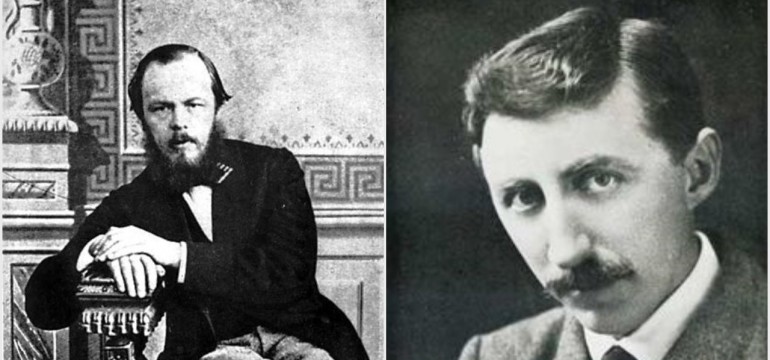
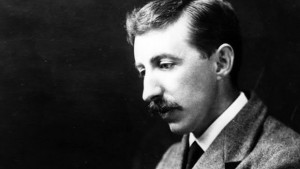


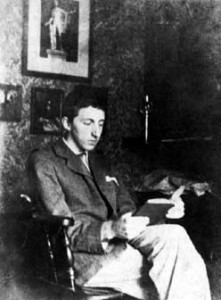
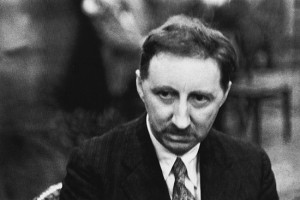
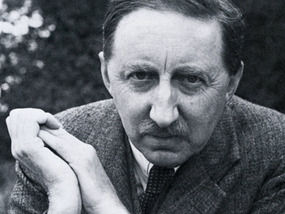
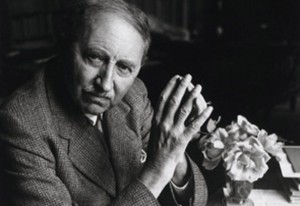
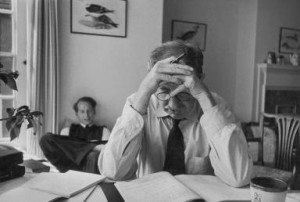
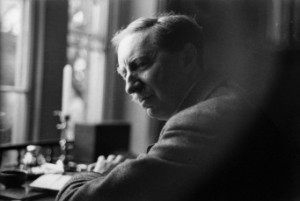
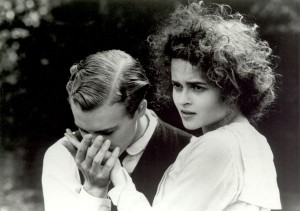

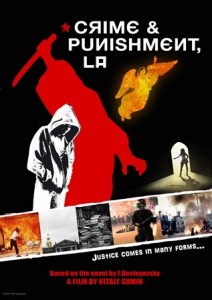




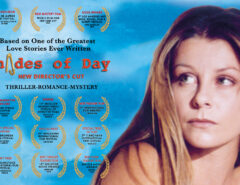
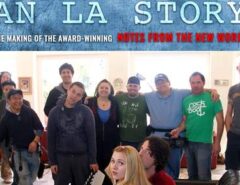
Leave a Reply